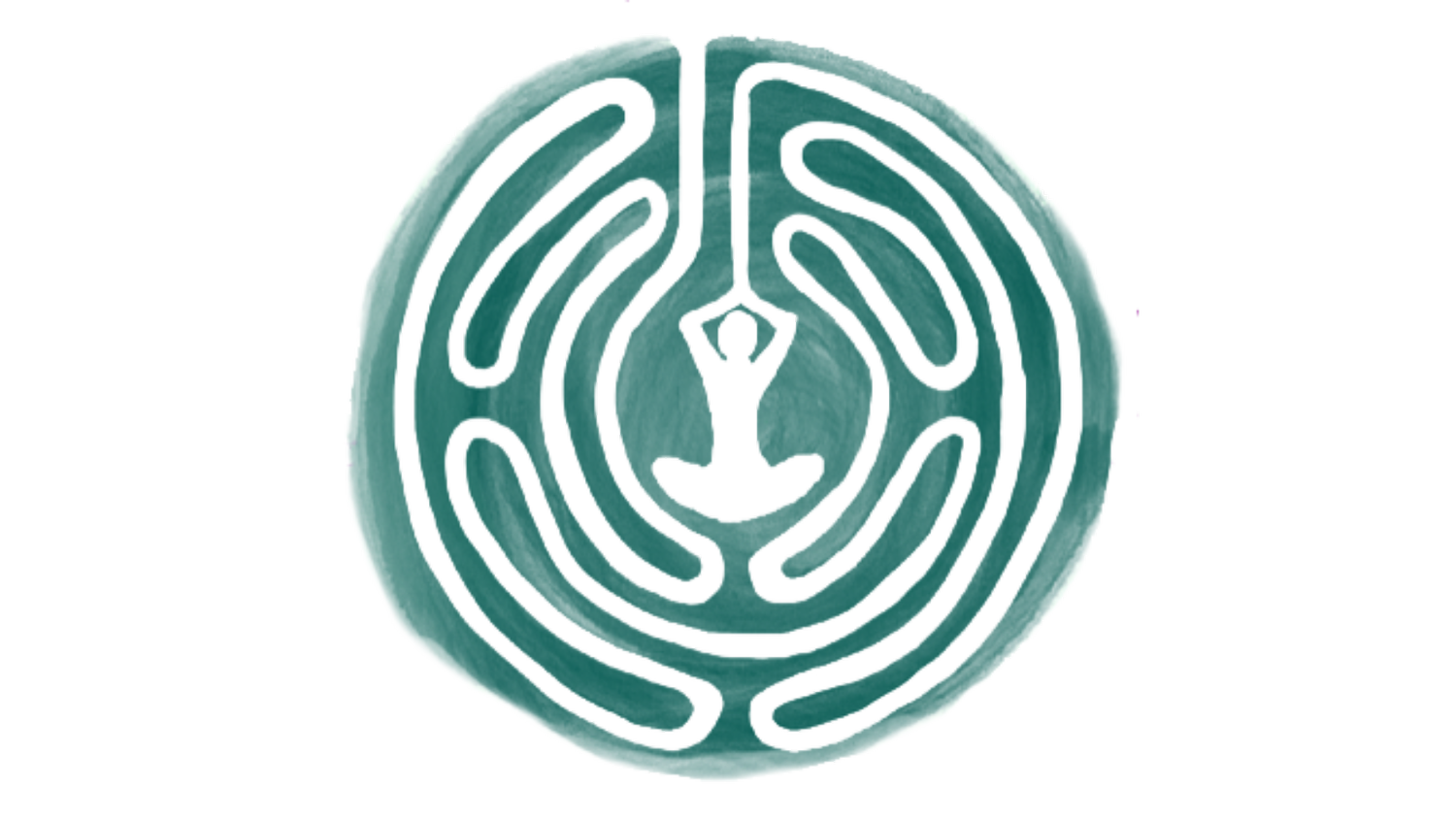Experiencing the Promise of Sabbath: Balancing Mind, Body & Spirit
Jennifer Tufts
Two powerful forces have been at work in my mind, body and heart for the past 6 years: Sabbath, a foundational part of the Judeo-Christian tradition; and Yoga, the product of centuries of discovery about the human body and how it is wired. While searching for the meaning of Sabbath I found the spiritual practice of yoga. It has been a perfect marriage. While still foreign to many American Christians, the practice of yoga is sweeping the country and filling a vacuum created by too much stress and a culture that is out of balance.
In seeking to recover balance in my own life and discernment about God’s promise of rest and renewal, I started to plumb the depths of Isaiah, Chapter 58:
The Lord says, “If you treat the Sabbath as sacred and do not pursue your own interests on that day; if you value my holy day and honor it by not traveling, working, or talking idly on that day, then you will find the joy that comes from serving me.”
Not traveling; not working; not talking idly. These words come to us from a time that seems so far removed from our modern lifestyle.
Yet, it is possible to get at the heart of what the prophet was saying and apply it in today’s world. Physical disciplines are involved in respecting the Sabbath commandment. There is also the call to submit one’s whole being to God in order to see clearly with the heart’s eye.
In her book, Yoga Mind, Body & Spirit, Donna Farhi describes a collective spiritual, physical and emotional suffering that ought to worry us as Christians. “We live in a time of extreme dissociation from bodily experience. When we are not in our bodies, we are dissociated from our instincts, intuitions, feelings and insights, and it becomes possible to dissociate ourselves from other people’s feelings, and other people’s suffering. The insidious ways in which we become numb to our bodily experience and the feelings and perceptions that arise from them leave us powerless to know who we are, what we believe in, and what kind of world we wish to create. If we do not know when we are breathing in and when we are breathing out, when we are unable to perceive gross levels of tension, how then can we possibly know how to create a balanced world? Every violent impulse begins in a body filled with tension; every failure to reach out to someone in need begins in a body that has forgotten how to feel.”
Numbness to suffering of others, violence within and without, powerlessness – these are the enemies in our spiritual battleground.
How many times have you asked or thought to yourself, “that person is out of his or her mind!” It could have meant many things, but it usually was not a good thing. You might even have had moments when you wondered, “Am I out of my mind?!” But have you asked yourself as often whether you might be out of your body? Is someone you know or love out of his or her body? What does that mean and how does it impact all of us when we fail to inhabit the bodies God gave us?
It should be considered every bit as dangerous to be out of the body as it is to be out of the mind. A fellow yoga teacher expressed it so well when she said, “Lots of people call me up and ask whether I can lead them in an out-of-the-body experience. I tell them that I’m really not sure I can offer an out of the body experience. . . but I just might be able to give them an in-the-body experience!” When someone is out of their mind we feel a great responsibility to bring them back to reality. We should all feel the same urgency to help people reconnect with the reality of being in the body, or in the spirit.
Yoga is the yoking of body, mind and spirit. It is the practice of postures, breathing exercises, and evenness of being that has been developed over centuries of study of the body. Prior to the development of a science-based western form of modern medicine, yoga was one way of restoring and maintaining well-being. It’s time to go back to yoga’s truths with our 21st century lenses and find out whether we are going forward or backward in refining a quality human experience.
